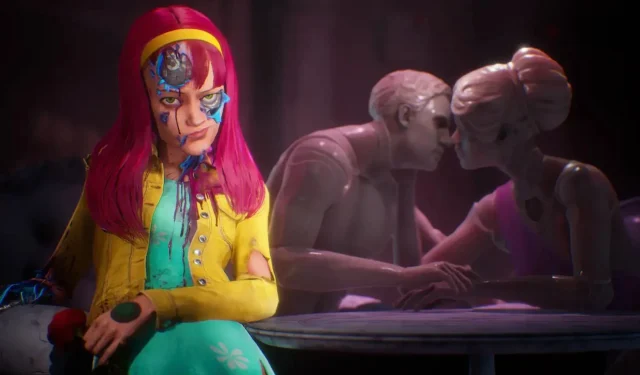
Overview of Ken Levine’s Vision for Judas
- Ken Levine is committed to enhancing player agency in Judas, distinguishing it from the linear narratives of BioShock.
- The game introduces roguelike mechanics and a non-linear storyline that revolves around player interactions with the leaders of the Mayflower spaceship.
- Enthusiasts are optimistic that Judas will redefine storytelling in video games, setting new standards for the industry.
Ken Levine is steering the development of Judas towards greater player freedom, a shift that he believes will make the game significantly more intricate than his previous titles. Set for release by March 2025 under Take-Two’s Ghost Story Games, anticipation is building as the year progresses, leaving fans eager for more information about the game’s development and its anticipated launch.
Fans are particularly excited about Levine’s new project, hoping it will match the influential impact of the BioShock trilogy. With Judas marking a bold departure as an original intellectual property, there is growing curiosity about whether it will encapsulate the same depth and richness that characterized Levine’s earlier works.
In a recent interview with GamesIndustry.biz, Levine described his prior creations as akin to “corridors,”emphasizing the linear storytelling typically found in those games. He remarked that traditional narrative-driven games guide players along a “long corridor”punctuated by key moments that advance the plot. In contrast, Levine and his team at Ghost Story Games aspire to construct a more modular, interconnected experience in Judas.
Redefining Game Design: BioShock as “Corridors”
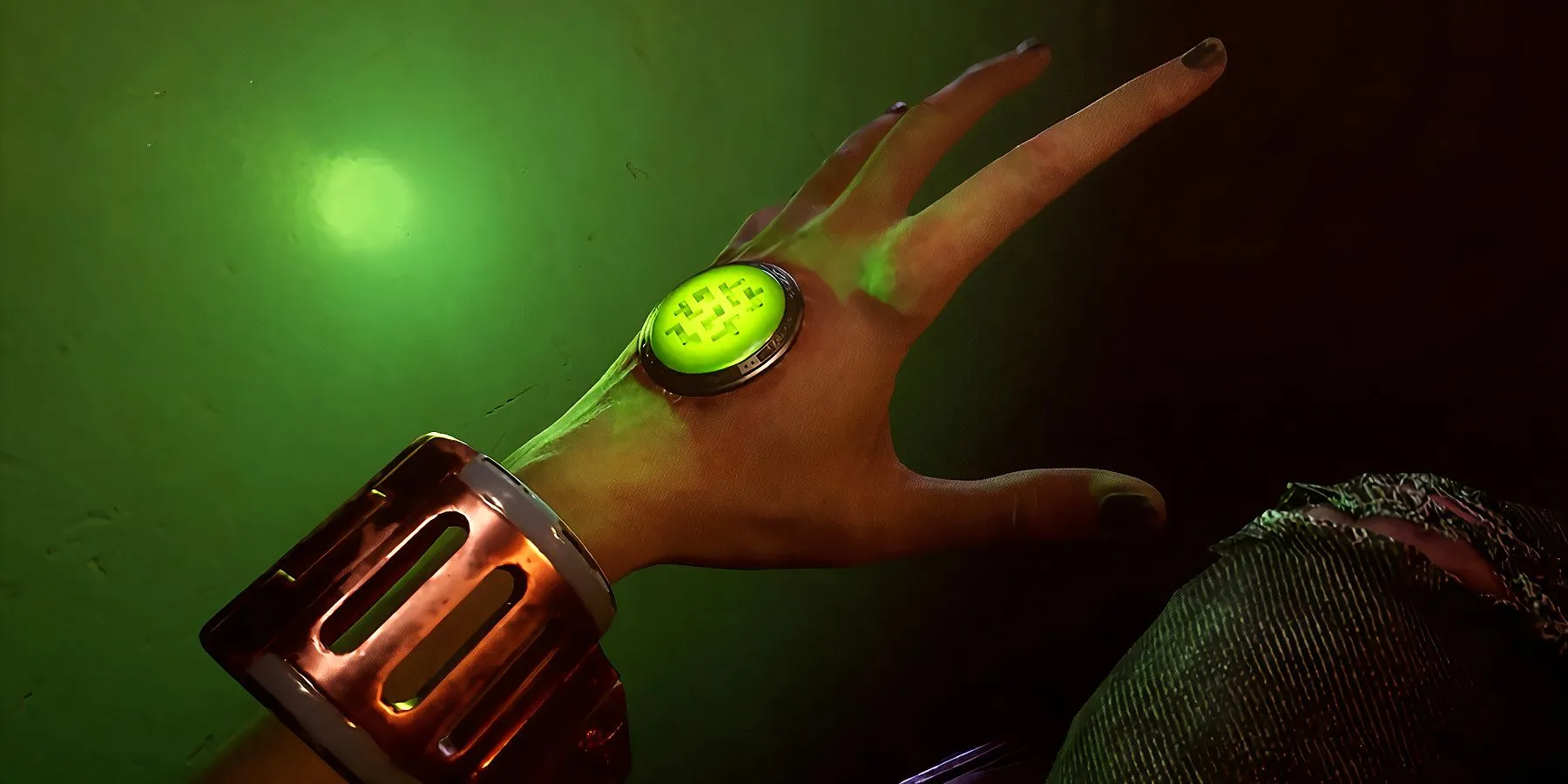
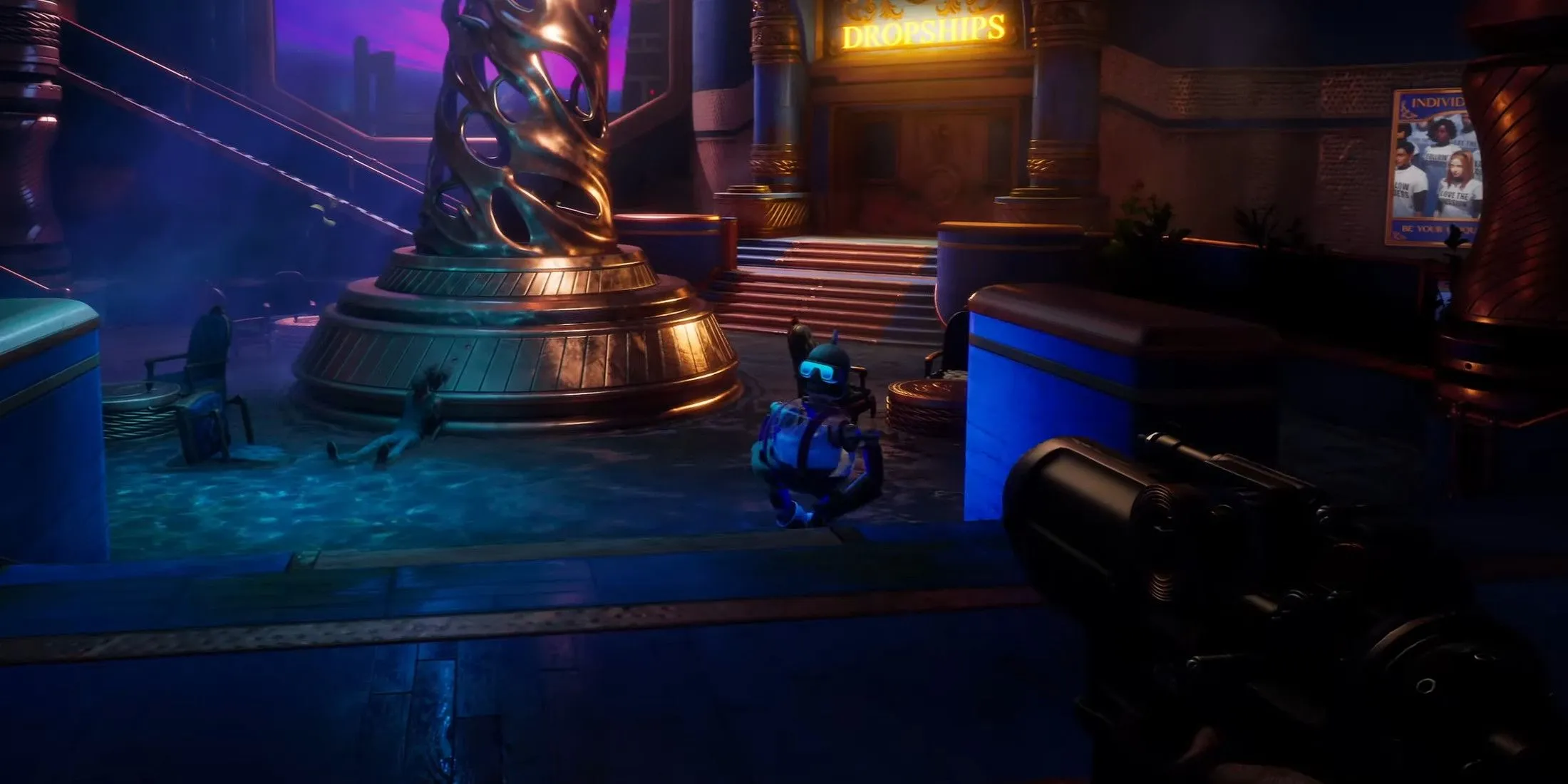
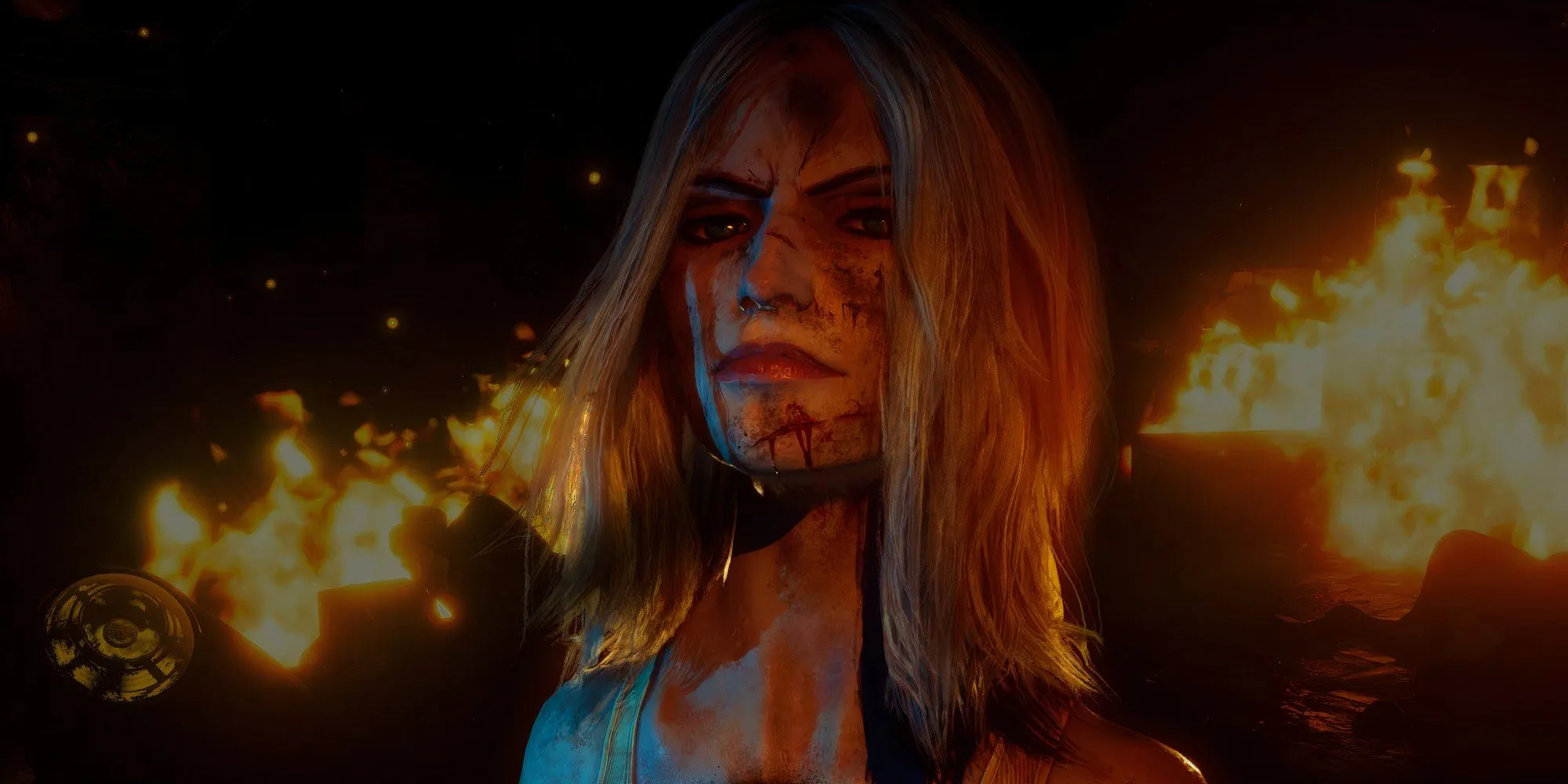
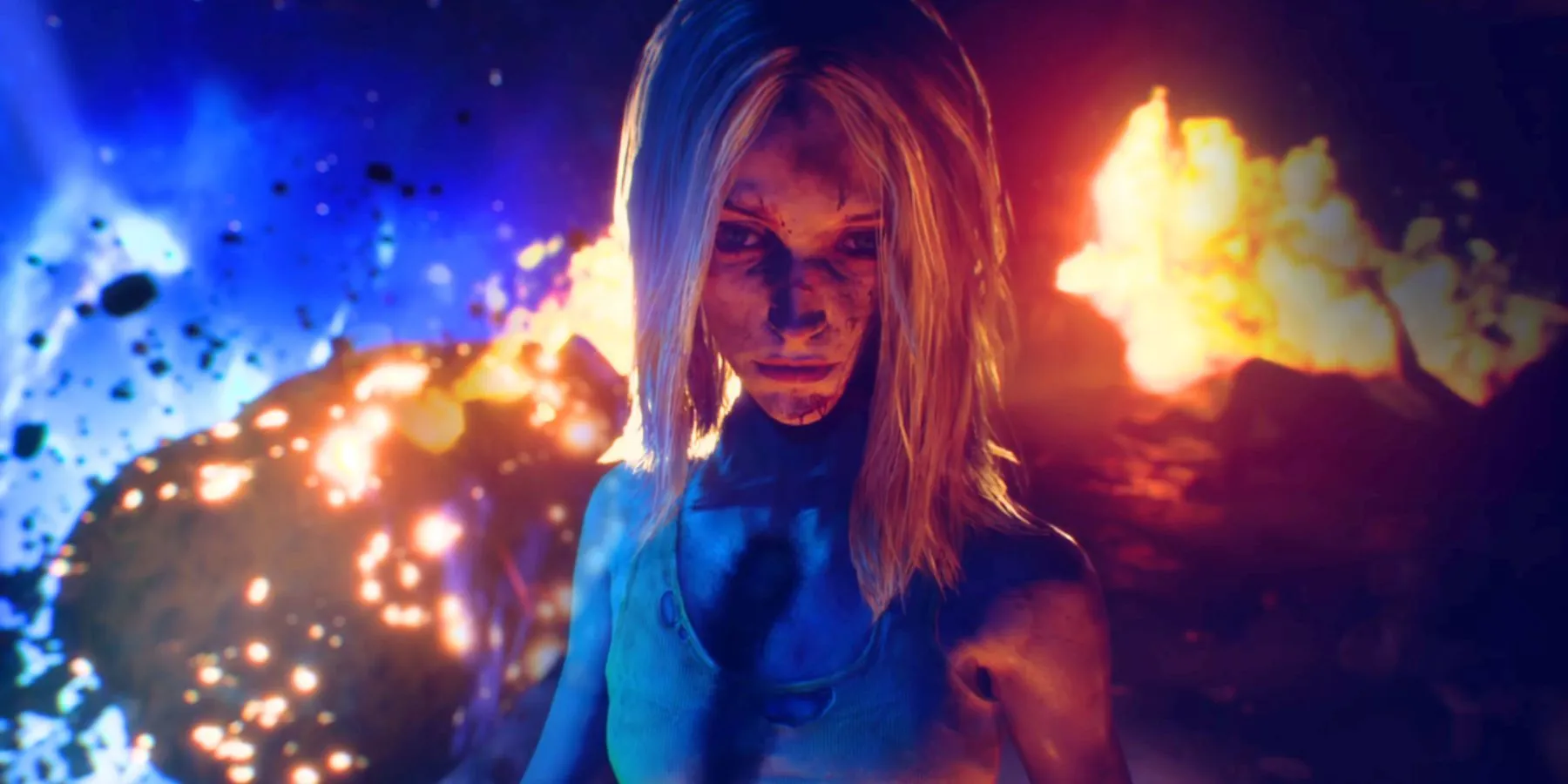
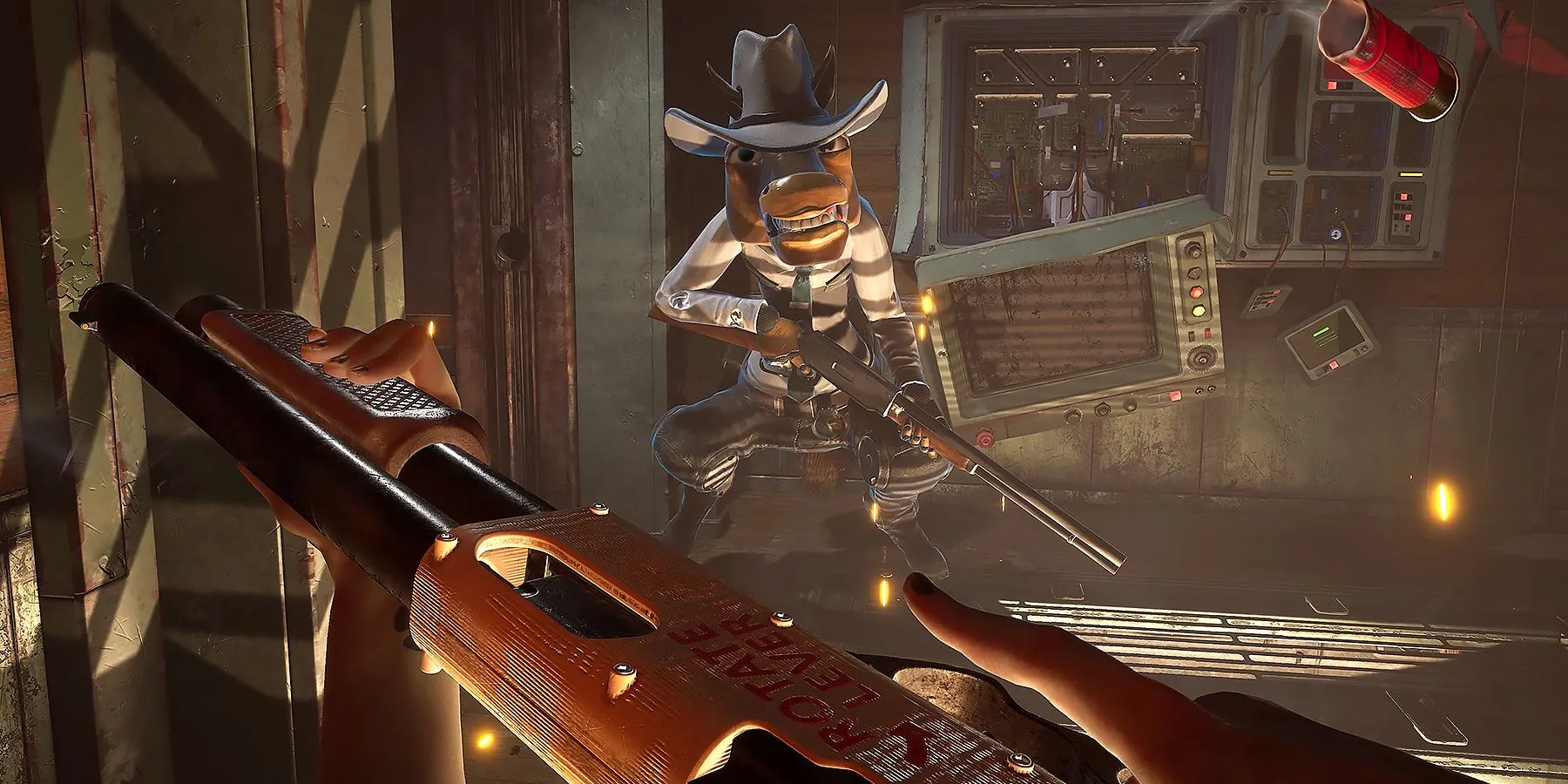
Levine has acknowledged that the development of Judas has presented more challenges than those encountered during the creation of the BioShock series, primarily due to its ambitious scope. The objective of Ghost Story Games is to empower players with a greater degree of control and choice, focusing on how users experience the artistry of the game, as opposed to the creators behind it.
By incorporating roguelike elements, Judas aims to enhance its non-linear narrative that revolves around engaging with the Mayflower spaceship’s three leaders. Mastering the complex mechanics of non-linear storytelling can be a formidable task, especially in light of criticisms faced by other titles that have attempted a similar approach, such as The Legend of Zelda: Breath of The Wild. While generative AI has been proposed as a tool to assist in this aspect, Levine remains cautious, asserting that its most effective applications lie in areas like debugging and data analysis instead of creative storytelling. Many are hopeful that Judas will successfully innovate this narrative technique, thereby expanding the creative horizons of video gaming.




Leave a Reply ▼